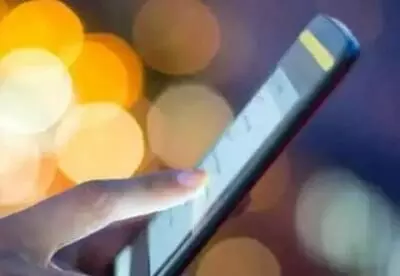
Electronics' launch time to be cut down after govt’s faster testing: ICEA
text_fieldsNew Delhi: The government's faster decision on electronics testing will allow original equipment manufacturers (OEMs) to select the best testing method for their goods, accelerating their market entry, according to the India Cellular and Electronics Association (ICEA) on Monday.
The government recently implemented a more efficient parallel testing mechanism for products under the Compulsory Registration Order (CRO) of 2021.
This new approach significantly reduces the time required for testing and registering electronic products, cutting it down from the previous 16-20 weeks to just 8-12 weeks.
“This development will allow OEMs to choose the most suitable testing method for their products, thereby reducing certification timelines, preventing launch delays, and ultimately contributing to a more conducive business environment for the industry”, said Pankaj Mohindroo, Chairman, ICEA.
ICEA has consistently raised industry concerns regarding unwarranted delays in obtaining the testing certificates required for the launch of any new electronic items.
The top industry body has been working closely with relevant government bodies like BIS, the Department for Promotion of Industry, and Internal Trade (DPIIT), the Ministry of Electronics and IT (MeitY), and the Department of Consumer Affairs (DoCA), towards this.
In September 2022, the Bureau of Indian Standards (BIS) conducted a trial run to assess the viability of parallel testing for electronic items, focusing exclusively on mobile phones.
Following its success, BIS expanded this method to include 64 CRO-notified products such as wireless earphones, headphones, laptops, notebooks, tablets, and mobile phones.
As of January 9, BIS has officially made parallel testing a permanent option.
According to the guidelines, all the components that require registration under CRS can be sent for testing in parallel at any of the BIS labs /BIS-recognized labs.
Under the parallel testing regime, the lab will test the first component and issue a test report.
The BIS lab/BIS recognised labs can initiate testing of the battery without the R-number of the cell.
The lab will mention the test report no. along with the lab's name (in place of the R-Number of the cell) in the final test report of the battery.
The lab can also initiate the mobile phone testing without the R-number of cell, battery and adaptor.
With inputs from IANS























